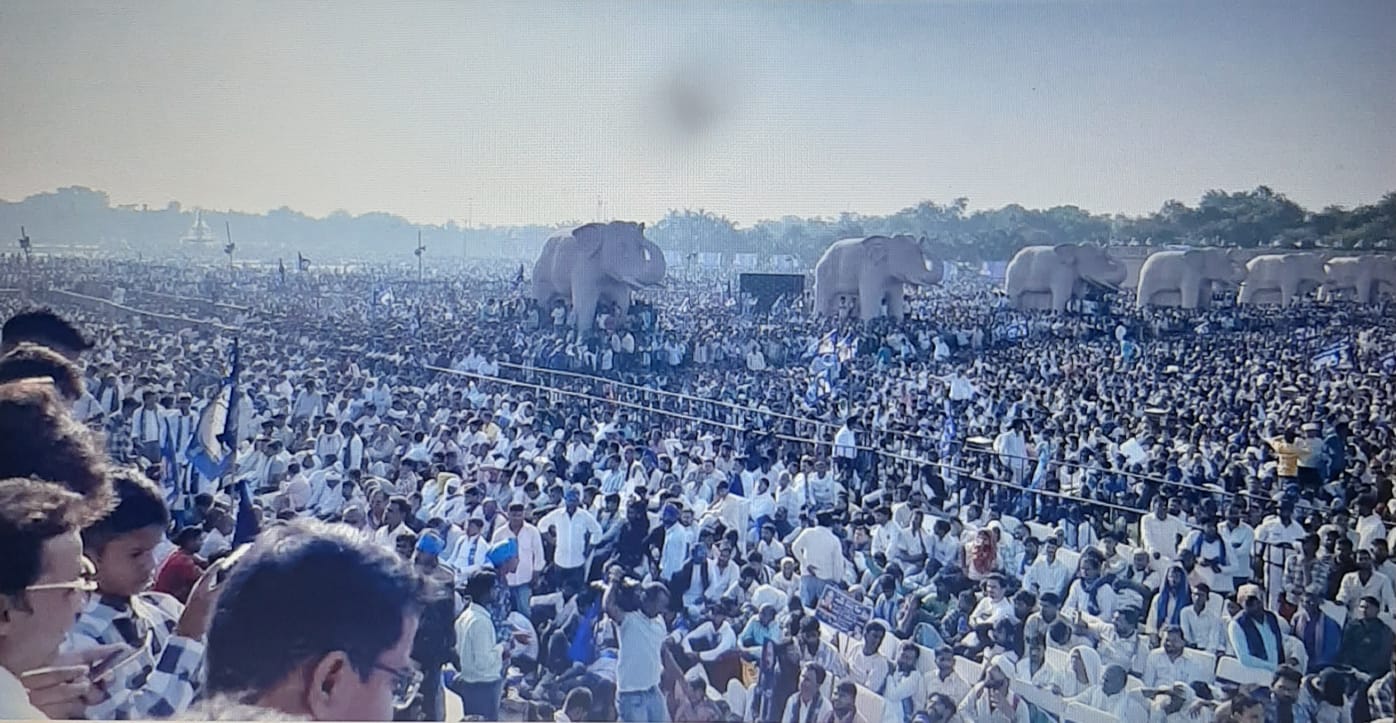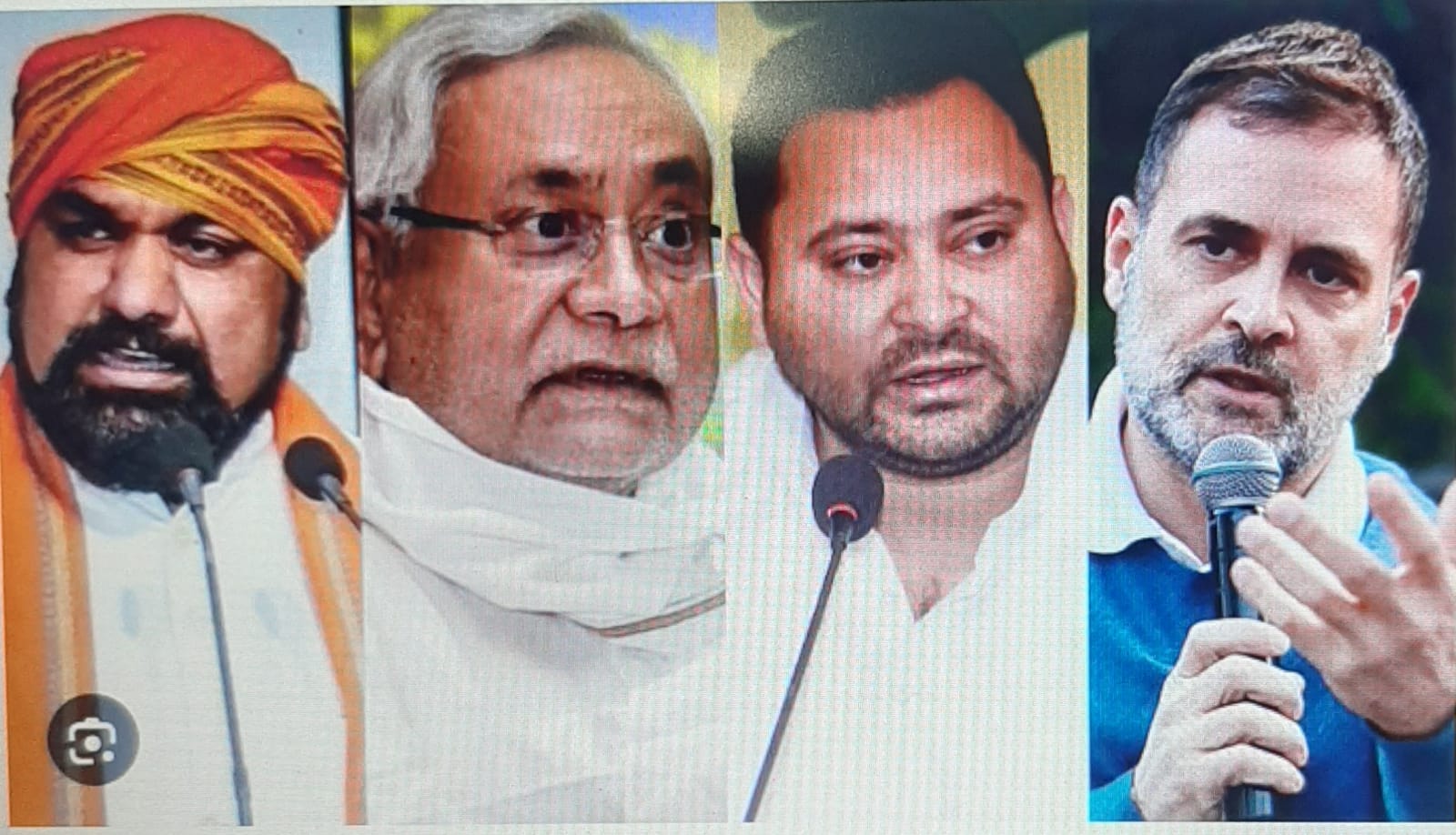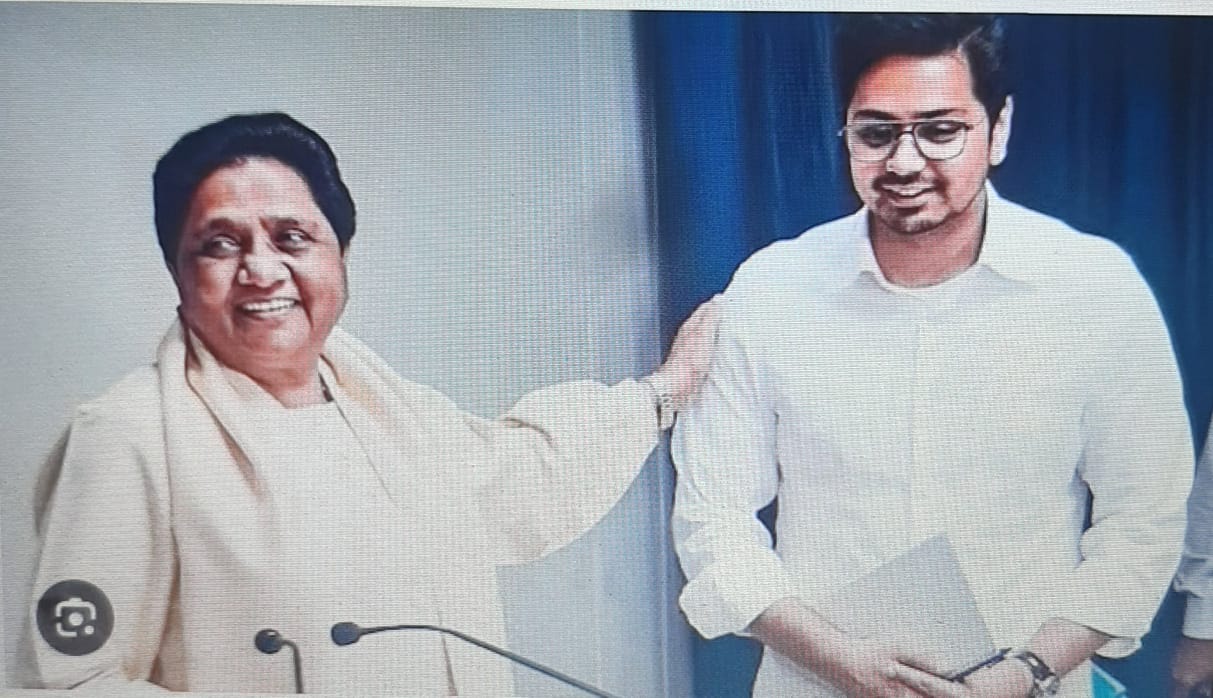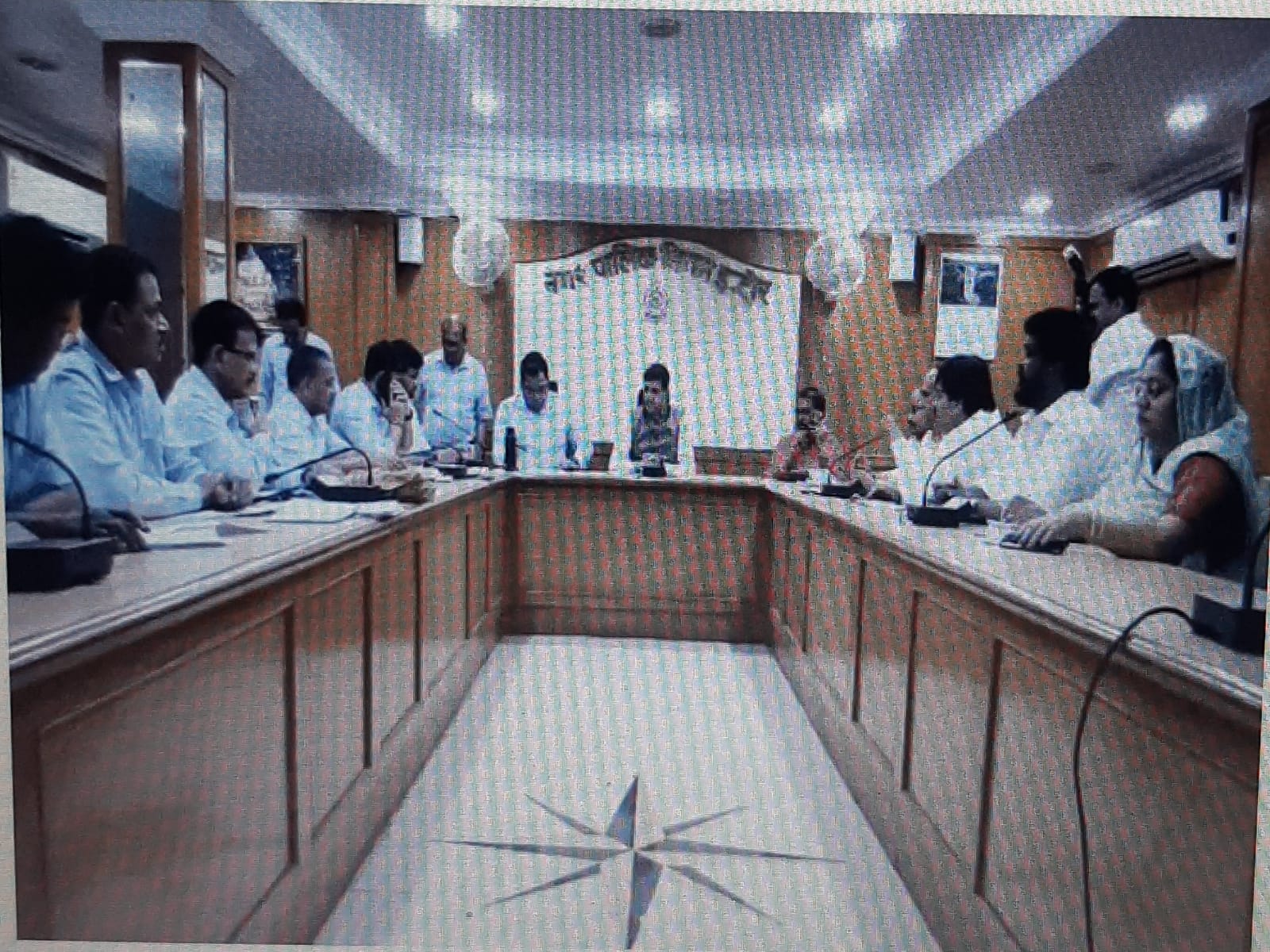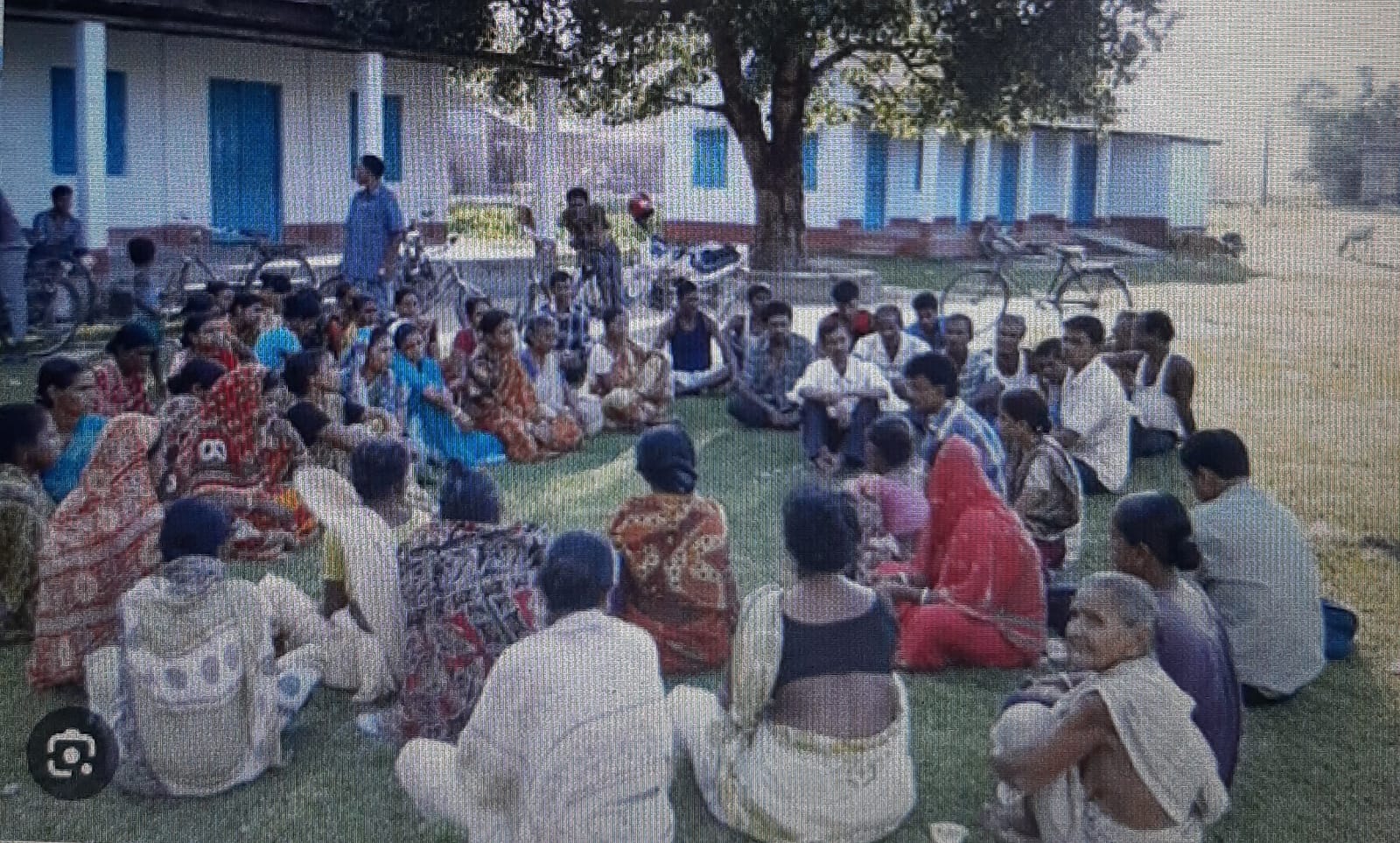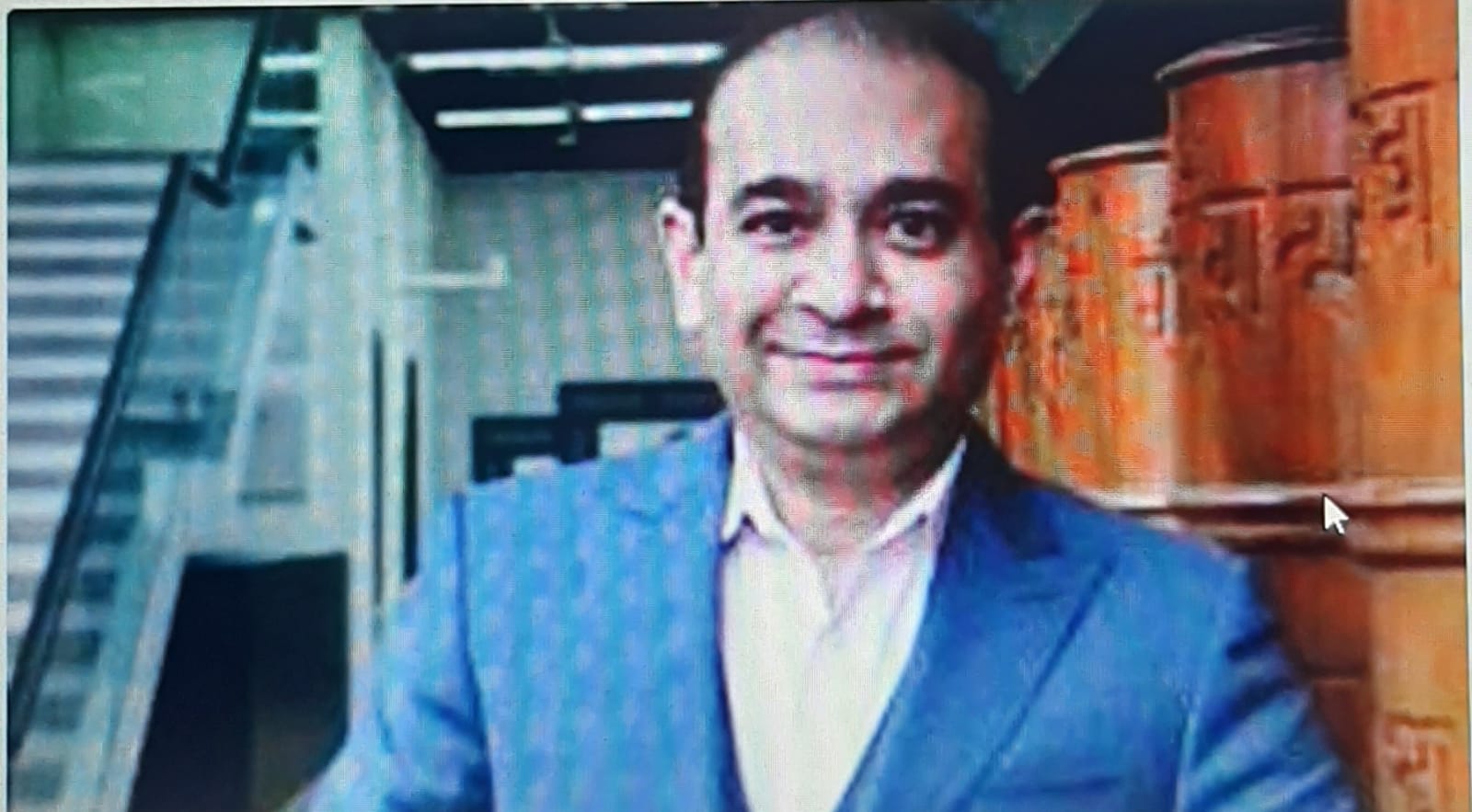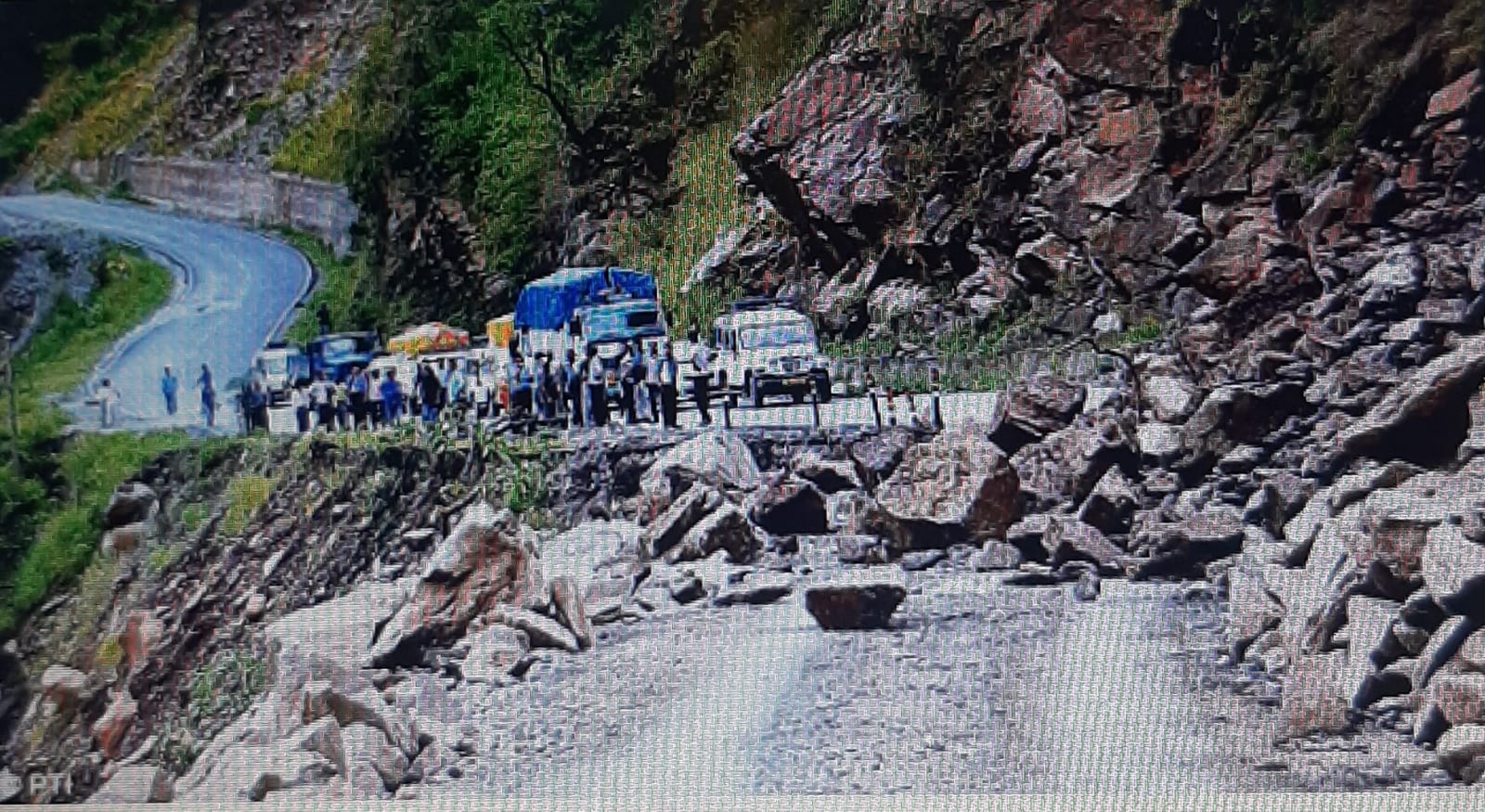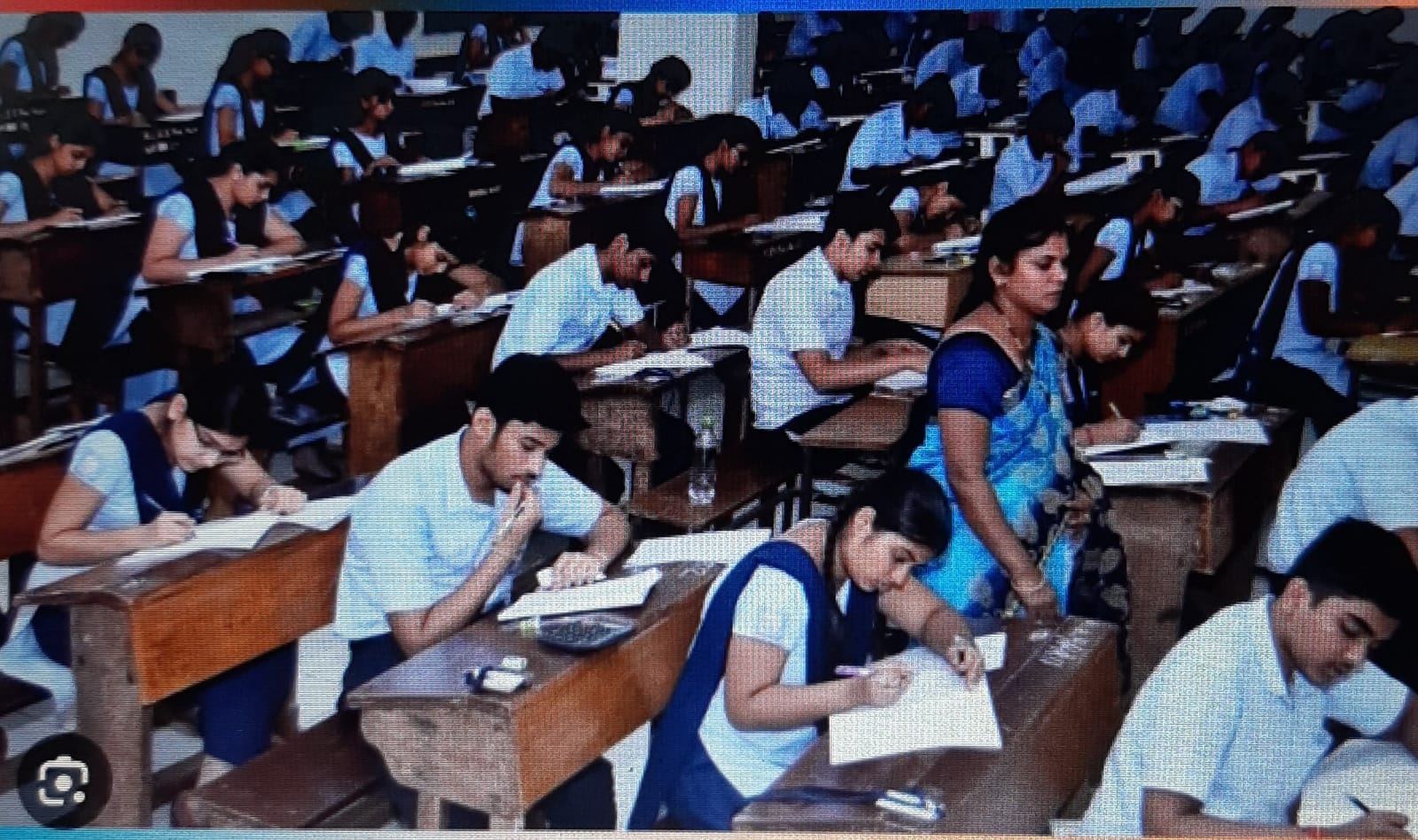
If one thinks hard and deeply about how to find a way out, the road to salvation lies in education, widespread education, education which opens people’s minds and encourages questioning, curiosity, tolerance and ultimately the capacity for harmonious co-existence which can further civilization, writes former IAS officer Juthika Patankar
“Something is rotten in the state of Denmark”.
(Marcellus; Act I, Scene 4 in William Shakespeare’s The Tragedy of Hamlet Prince of Denmark)
We may not wholly adapt this line to India but there is absolutely no doubt that the state of education in our country, among other things, needs serious attention. The near-absence of political thought, political vision, informed governance, social sensitivity, effective executive or judiciary to uphold and safeguard the rule of law, are matters which occupy the minds of thinking citizens in the present. India’s democracy has been under threat and continues to move in a direction away from liberal thought, secular values and the rights of the individual. Academic standards are at an abysmal low, unemployment is rampant, exploitation of the economically, socially and historically weaker sections of society has actually gone up, not down, in the past fifty years. Institutions have crumbled. The bureaucracy is spineless and has shown itself unable to grasp even the reason for its own existence. Of the police, there is nothing to be said in their favour which would need more space than the back of a postage stamp (to borrow a telling phrase by an erstwhile British politician on corruption in some African nations).
Is there really a way out of this state of affairs for India? How long would it take us to move beyond corruption, crime, socially divisive issues, hate-mongering, delusions of victimhood, and a demonstrated inability to govern ourselves?
India over the last fifty years, especially, has been in the dangerous position of having received parliamentary democracy, universal adult suffrage, a Constitution guaranteeing freedom and federal structure, an infrastructure of government institutions, educational institutions and the endowments of a welfare state, among much else, without retaining or nurturing the capacity of its citizens to use these gifts properly or progressively. On the contrary, this legacy of parliamentary democracy and welfare state has actually been subverted to allow politicians and people alike the freedom to stamp on fundamental rights, foster communal hatred, abandon serious thought about governance and reduce democracy and elections to gimmickry for remaining in power.
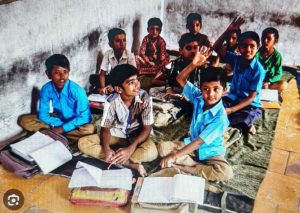
If one thinks hard and deeply about how to find a way out, the road to salvation lies in education, widespread education, education which opens people’s minds and encourages questioning, curiosity, tolerance and ultimately the capacity for harmonious co-existence which can further civilisation.
Education in India is hampered by so many irritants that it is difficult to remove any of them in a linear manner. Let us examine these irritants.
To start with there is the fundamental, albeit entirely wrong, question posed about traditional Indian systems of learning as opposed to the British or Western education brought in by Macaulay. Bitter debates have ensued about what is best for India, with the proponents of India’s ancient learning systems combatively castigating modern Western education. The proponents of Macaulay and modern education have their own divisions within themselves and there is a further raging against the kind of education which might produce stooges with colonial mindsets. Ultimately, and with supremely unconscious irony, this battle is consigned to academic animosity and political antipathy among the rival groups while the offspring of both groups and their subgroups are dispatched to the Western countries for “higher studies” and better prospects. Why have we not understood that the simple solution lies in allowing both systems to co-exist and let individuals choose what kind of education they wish to acquire?
Another irritant is the issue of medium of instruction. Vehement opposition to English, because it is not a language understood by the majority of Indians has caused many state political heads to renounce English-medium in favour of local-language-medium. Paradoxically, this has ensured a further disadvantage to the majority in seeking remunerative, white-collar jobs because the English language is the language of not only India’s but the greater world’s commerce, law, government, political struggles, education and higher thought, science and engineering and technology and even the humanities and philosophy.
Our leaders and people seem not to have grasped the fundamental issue that English, at this stage, at least, in human history, is the language of economic growth and opportunity. There is no need to set up a binary between English and Indian regional languages. The latter could thrive and be enriched with far greater human and material resources for their development if we seize the opportunity to better our economic status and access to world resources through the use of English. Unfortunately, foolish sentimentalism and shallow emotionalism is infused in this issue by our political leaders and without any thinking, people too take sides and end up losers. This logic applies equally to debates within Indian regional languages about the superiority or emotional right of one over another. It also applies to the earnest but misguided attempts of the Indian state to impart education to tribals in tribal languages.
Two examples here will illustrate the point made above. Italian, to cite just one instance, is not spoken the world over; it is possibly confined to Italy. But Italians do not seem to see their language as threatened by other languages, and Italian continues to be a living language besides being the language closest to Latin, the language of classical antiquity and culture, which constitutes, along with Greek, the foundation of European civilisation. The other point to note is the plethora of libraries and bookshops in even small European towns which host an infinite quantity of language and literature resources for the use of the public. No Indian town or city has even one-hundredth of such material resources by way of books, or now digital learning, in its own regional language which would warrant a case for higher education to be imparted in that language. Instead of taking a needless and wholly misdirected aggressive stance against any prevailing language of commerce and human development, we would do better to embrace it along with our own native tongues. This would benefit everybody.
A third irritant is the subtle and often overt relegation of the social sciences or humanities to a position of neglect and apathy while espousing the taller claims of science, technology and engineering. This is completely detrimental to the progress of civilisation, to social and economic development, to the noble ideals of equality, liberty and fraternity in society and nation-building. Not only are the social sciences grossly underfunded, the society including government, emphatically conveys to youth that the pursuit of the social sciences is a non-starter in the quest for success, fame, high office, wealth and dignity. This is extremely unfortunate because in India, in particular, with its bloated population, enormous poverty, striking economic inequality and apathy towards social justice, our government and governance desperately needs people with a vast comprehension of history, sociology, political science, literature, ethics, philosophy, in fact all or many of the social sciences. Research, inquiry and the pursuit of knowledge in the social sciences needs to be placed on an equal footing by the state and society in terms of funding and recognition.
The sad irony is that the Indian population is still prey to superstition, ignorance, ritualistic religion which divides society and impedes development. Fostering science in India has not led to the pushing back of the frontiers of human knowledge. Laughably and regrettably, among the first uses of computer technology in India was that of ‘computerised horoscopes’ for fortune-telling which became hugely popular. On a much more sombre note, the clinical diagnostic technique of amniocentesis was unscrupulously used largely to abet female foeticide because the girl child is unwanted in Indian society.
Incidentally, even science and technology education is inadequately funded by our government. The declining proportion of expenditure on all education in our Budgets has been articulated and chronicled by scholars and commentators over the years to little effect.
Caste and class reservations, that eternal bone of controversy, dogs our educational institutions and courses to the detriment of spread of education or encouragement of research. Pandering to caste and class divisions for votes has become the aim of such ‘affirmative action’ to extend the benefit of education to all sections of society. This is not to denounce the provision of such reservation; the point is that there is a need from time to time to think through and review the effectiveness of this policy in actually providing equal access to higher education for all hitherto deprived sections of society. Continual recalibration of the implementation or even the design of this policy is needed to render it able to discharge the purpose for which it was formulated and included in the Constitution of India.
Governments, politicians and the bureaucracy (including administrators, engineers and policy subject experts) have seen fit to define grant of education or improvement of education by constructing buildings. The ‘software’ of education, be it books, material resources or human resources are ignored so they are always grossly insufficient in both quantity and quality. And the ancillary provisions such as public transport to gain access to schools or colleges, working clean toilets to promote hygiene, drinking water facilities or necessary infrastructure like approach roads, playgrounds, libraries or laboratories are also missing.
Sports, vocational education, extra-curricular activities have very little or no space in our concept of education.
And perhaps the greatest tragedy is that education in India today is not viewed as a desirable achievement in itself; it is seen only in terms of its ability to translate into jobs. This is antithetical to human development, to the enrichment and growth of the human intellect, human capacity and ultimately the quality that distinguishes humanity from other living creatures. So we have the sorry and pathetic spectacle of labelling any and every mediocre attempt to create a training school, as ‘ University’. Our governments look upon Universities much like primary health centres or ration shops , which need to be set up in every district. We have no long-term plans for perpetuating and developing education, be it in professional courses like medicine or the branches of engineering or in institutions which foster learning for the sake of knowledge.
In the last decade we have witnessed the emergence of a very alarming feature of our education which is worse and more serious than all the other irritants. And this is the harnessing of our educational institutions in the polarising of our society along communal lines to promote intolerance, and a negation of individual freedom. This is a stark violation of our Constitution, our collective psyche as a civilised society, our claim to be the world’s largest liberal democracy. Academic freedom of intellectual enquiry and expression has been brutally suppressed. The education system in India so far has not been able to produce intelligentsia in our universities who can stand up for freedom and liberalism. University after university, whether government or private, elitist or plebeian has succumbed to the forces of intolerance, hatred and bigotry because the Indian state is perceived to be supporting such forces. The infiltration of mediocrity and a narrow ideology has happened in many of our educational institutions, particularly state-run institutions, with the recruitment and appointment of teachers and administrative heads who are either avowed adherents to the ruling regime’s ideology or are willing to compromise with any of their own to remain in favour with the rulers. Revision of history textbooks, revision of syllabi, non-academic and non-intellectual intervention in the running of universities and educational institutions has reduced education in India to a total farce.
How much lower must we sink to reach our nadir, or have we reached it already? If the latter, let us hope for a revival of what is enlightening, free, ethical and good in our education. To quote the great poet, Rabindranath Tagore, “…where knowledge is free…where the clear stream of reason has not lost its way/ into the dreary desert sand of dead habit/ where the mind is led forwardly thee/ into ever-widening thought and action/ into that heaven of freedom, my Father/let my country awake.
(Ms. Juthika Patankar is a Senior Fellow in Pune International Centre and a Visiting Faculty in Gokhale Institute of Politics and Economics, Pune. She is also a former civil servant. Views expressed are personal.)


